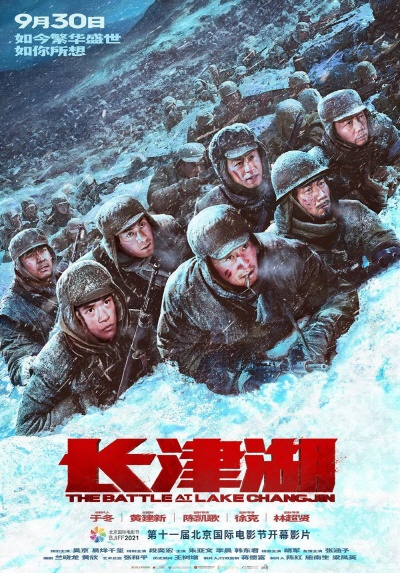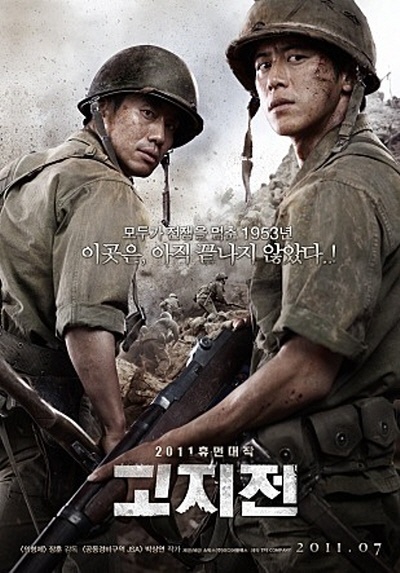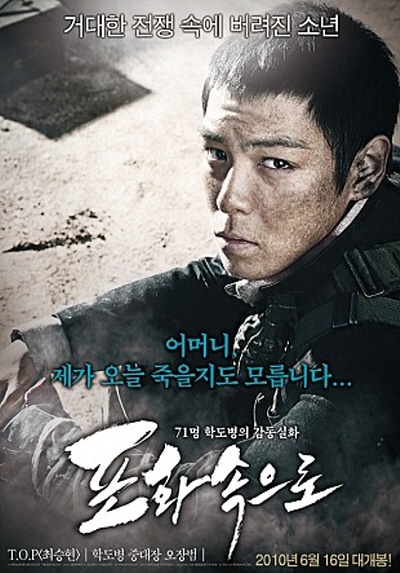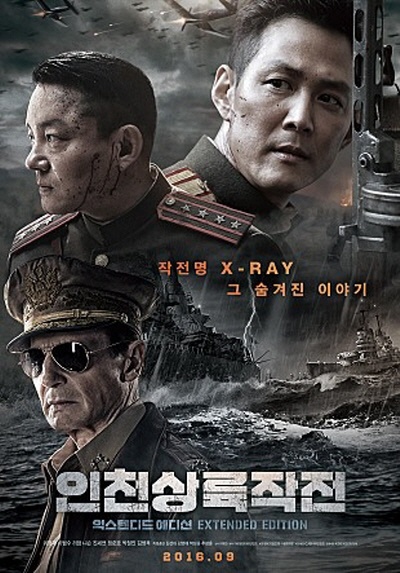



In the criticism, it is evaluated as a patriotic film based on the viewpoint of 'anti-American aid' that helped North Korea against United States of America. It is interpreted as a propaganda film suitable for China's current situation, which is in economic and political conflict with Western countries including United States of America.
The battle of Jang Jin-ho is a battle that has been successful for both the Chinese and Allied forces depending on how they see it. In the Chinese position, it is a battle that completely withdrew the 10th elite army that was advancing from the eastern front. Since then, the coalition has not marched to South Hamgyong Province, so the view of the victory is dominant.
But the defeat of the Allies was not a vague one, and the nine Chinese soldiers facing the 10th Army were fatally hit and withdrew from the war for three months. With 17,843 soldiers killed, missing and injured, 48,156 lost, nearly three times as many as the coalition. If only casualties from the battle were calculated, the damage of the 9th Army of the Chinese Army was more than three times higher than the United States Armed Forces.
It is also impossible to ignore the fact that China is making movies about the Korean War. China has repeatedly filmed the story of the Chinese army fighting against United States Armed Forces in the Korean War, such as <Hero Girl> <Inlaid Girl> <Transfer Tax> <Geumgangcheon>. Just as United States of America dealt with the story of defeating the Soviet Union in movies such as Rambo 2 and Rocky 4, China may be seen as a propaganda film that inspires its patriotism against United States of America.
However, the regret is that the Korean film industry, which can look at the Korean War from a different perspective beyond propaganda, is not producing various works. There are some stories of Taegeukgi flying with the story of a family, Welcome to Dongmakgol, which revealed the human love that had been paradoxically bloomed in the war, Taebaek Mountains, which made a film of the novel by Cho Jeong-rae, and Kojijeon, the story of soldiers who lost their lives meaninglessly on the fixed front, but it was criticized that they could not illuminate from various angles for war that hurt the history of Korea be not free from.
Particularly noteworthy is that there is no work that shows the presence of the Chinese army in the Korean film about the Korean War. It showed a strong presence, such as a full change of the premises, in five months after the outbreak of the war, but strangely, the existence is completely omitted in Korean movies. Especially, it is surprising that the presence of the Chinese army was removed from the Korean movie when it was recalled that the Chinese, not North Korea, were responsible for the battle after the intervention of the Chinese army.
Historical movies are also dealing with the past with the current gaze, but they are also realistically re-implementing the past and asking questions about the present. In that sense, it would be right to say that it failed to faithfully deal with various aspects of the Korean War, not only in China movies including Jang Jin-ho but also in Korea.
There are still many aspects of the Korean War that have not been revealed in the front of Korean popular culture. These are the presence of the Chinese army, the massacre of civilians carried out by both armies, and the appearance of our army, which was incompetent at the beginning of the war. We can say that we dealt with the Korean War properly when we can reveal not only the proud part but also the terrible scenes on the screen.
In order to wisely respond to China's misguided patriotism, which sees history from a distorted perspective, it may be the most urgent courage to reveal it even if it is a painful history.
It's published with the critic: Searching for 'Cine Manse' will allow you to see more articles.